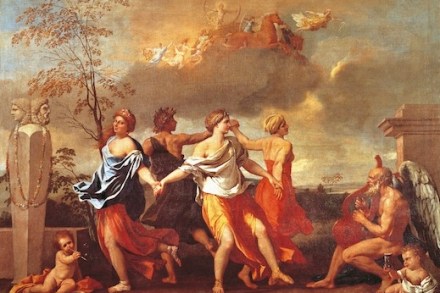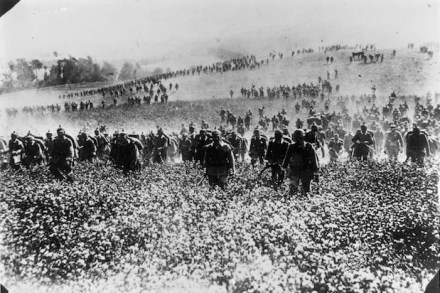What to expect in business in 2015 (probably not the Triumph of Probity, Honour and Prudence)
You might recall a column I once wrote about a party at the Wallace Collection. It took place in late 2008, the host was the US investment bank Morgan Stanley, and I compared the assembled financiers — who saw the crisis then raging as just one more opportunity to make money out of volatility in markets that were bound to swing round again — to the circle of dancers in Poussin’s ‘Dance to the Music of Time’, which hangs in the Great Gallery there. Far-fetched perhaps, but I have a weakness for allegories. On a pre-Christmas visit to the Wallace, I found the gallery splendidly refurbished and re-hung. The ‘Dance’




















